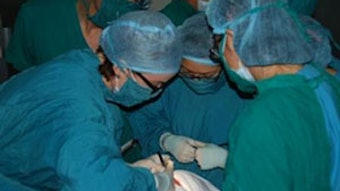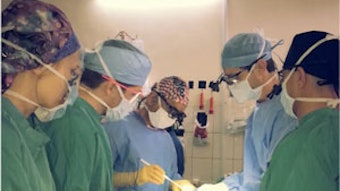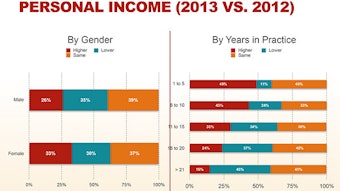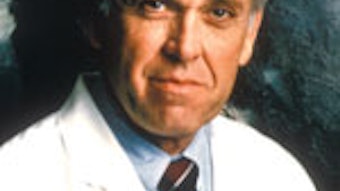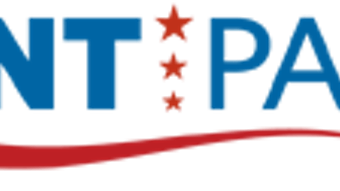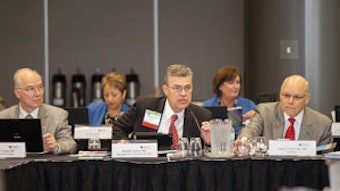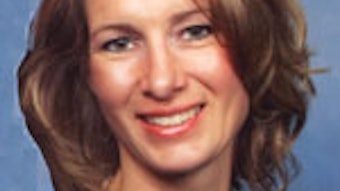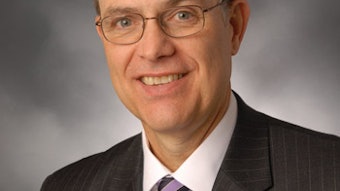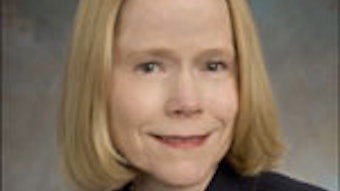New Audiology Bill Seeks ‘Physician’ Status
In July 31, U.S. Representative Lynn Jenkins (R-KS-2) introduced a “kitchen sink” audiology bill (H.R. 5304) in Congress. Spearheaded by the Academy of Doctors of Audiology (ADA), H.R. 5304 is the most far-reaching attempt yet by those in the audiology community to achieve their goal of being recognized as the primary providers of hearing healthcare services. If enacted, H.R. 5304 would: Grant audiologists unlimited direct access to Medicare patients without a physician referral, and Amend Title XVIII of the Social Security Act to grant audiologists “limited license physician” status within the Medicare program. Due to the advocacy efforts of the AAO-HNS, support for the direct access issue is waning on Capitol Hill. However, ADA continues to “up the ante” with its efforts to redefine a physician. The inclusion of “limited license physician” status in H.R. 5304 essentially ignores the physician referral and oversight requirements established by Medicare to control unnecessary costs and protect patient safety. While valued healthcare providers, audiologists are not physicians, and their training is not equal to those with an MD/DO degree. Further, the provision included in H.R. 5304 stipulating the inclusion of audiologists in Medicare’s definition of “physician” undermines a training distinction that helps patients decipher between various hearing healthcare providers. This distinction is particularly important given the broadened healthcare nomenclature resulting in various non-physician providers with doctoral degrees identifying themselves as a “doctor.” We are not alone in our fight to defeat this ill-advised proposal. Following the introduction of H.R. 5304, the AAO-HNS circulated a sign-on letter that outlined our position and sought support from various local, state, and national medical organizations. At its closing, the letter had garnered 118 signatories and helped reiterate our strong opposition to Capitol Hill. Despite the AAO-HNS’strong opposition to H.R. 5304, we remain committed to working with others in the hearing healthcare community to ensure patients have appropriate access to care. In particular, the AAO-HNS most recently collaborated with the American Speech-Language-Hearing Association (ASHA) prior to the introduction of their “comprehensive audiology benefit”legislation, H.R. 2330. As a result of this collaboration, our organization has been able to support ASHA’s proposal. H.R. 2330 represents a pragmatic approach to expanding certain audiology services without undermining a “team-based”care approach to hearing healthcare services or jeopardizing patient care. As we near the end of the year, the AAO-HNS Government Affairs team is already preparing to combat additional audiology scope expansion attempts in the upcoming 114th Congress. If you are interested in becoming more involved in the Academy’s legislative advocacy efforts, consider joining the ENT Advocacy Network by emailing govtaffairs@entnet.org. Members of the Advocacy Network are often the first to receive updates regarding the AAO-HNS’legislative priorities via legislative action alerts and/or the bi-weekly newsletter, The ENT Advocate.
In July 31, U.S. Representative Lynn Jenkins (R-KS-2) introduced a “kitchen sink” audiology bill (H.R. 5304) in Congress. Spearheaded by the Academy of Doctors of Audiology (ADA), H.R. 5304 is the most far-reaching attempt yet by those in the audiology community to achieve their goal of being recognized as the primary providers of hearing healthcare services. If enacted, H.R. 5304 would:
- Grant audiologists unlimited direct access to Medicare patients without a physician referral, and
- Amend Title XVIII of the Social Security Act to grant audiologists “limited license physician” status within the Medicare program.
Due to the advocacy efforts of the AAO-HNS, support for the direct access issue is waning on Capitol Hill. However, ADA continues to “up the ante” with its efforts to redefine a physician. The inclusion of “limited license physician” status in H.R. 5304 essentially ignores the physician referral and oversight requirements established by Medicare to control unnecessary costs and protect patient safety. While valued healthcare providers, audiologists are not physicians, and their training is not equal to those with an MD/DO degree.
Further, the provision included in H.R. 5304 stipulating the inclusion of audiologists in Medicare’s definition of “physician” undermines a training distinction that helps patients decipher between various hearing healthcare providers. This distinction is particularly important given the broadened healthcare nomenclature resulting in various non-physician providers with doctoral degrees identifying themselves as a “doctor.”
We are not alone in our fight to defeat this ill-advised proposal. Following the introduction of H.R. 5304, the AAO-HNS circulated a sign-on letter that outlined our position and sought support from various local, state, and national medical organizations. At its closing, the letter had garnered 118 signatories and helped reiterate our strong opposition to Capitol Hill.
Despite the AAO-HNS’strong opposition to H.R. 5304, we remain committed to working with others in the hearing healthcare community to ensure patients have appropriate access to care. In particular, the AAO-HNS most recently collaborated with the American Speech-Language-Hearing Association (ASHA) prior to the introduction of their “comprehensive audiology benefit”legislation, H.R. 2330. As a result of this collaboration, our organization has been able to support ASHA’s proposal. H.R. 2330 represents a pragmatic approach to expanding certain audiology services without undermining a “team-based”care approach to hearing healthcare services or jeopardizing patient care.
As we near the end of the year, the AAO-HNS Government Affairs team is already preparing to combat additional audiology scope expansion attempts in the upcoming 114th Congress. If you are interested in becoming more involved in the Academy’s legislative advocacy efforts, consider joining the ENT Advocacy Network by emailing govtaffairs@entnet.org. Members of the Advocacy Network are often the first to receive updates regarding the AAO-HNS’legislative priorities via legislative action alerts and/or the bi-weekly newsletter, The ENT Advocate.

